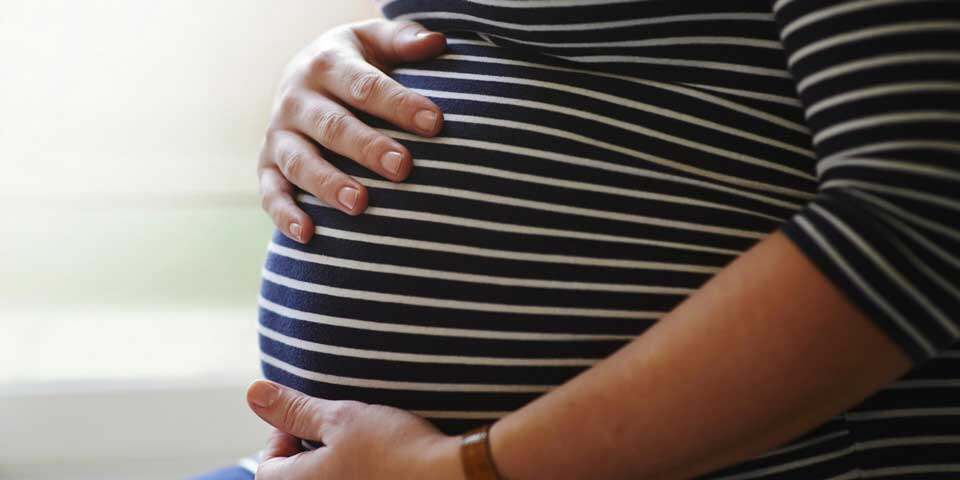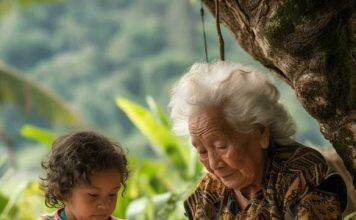Pregnant women who catch Covid-19 or receive the vaccine do not have an increased risk of their child having developmental health issues, research suggests.


A study of almost 25,000 babies born in Scotland during the pandemic found no link between concerns with a child’s development at 13 to 15 months and the mother contracting the virus during pregnancy.
Receiving the vaccine while pregnant also had no association with any developmental issues among the children in skills such as speech, thinking, movement and language, the study says.
Early development
Researchers say the findings provide important new data on the effects of coronavirus (SARS-CoV-2) infections and vaccinations during pregnancy on early brain development.
A University of Edinburgh team measured relationships between virus infections and Covid-19 vaccinations while pregnant, and developmental concerns identified by the parents, caregivers and health visitors of children aged 13 to 15 months.
The researchers linked data from a previous Covid-19 in Pregnancy in Scotland (COPS study) to data from routine health reviews.
The reviews recorded any concerns with a child’s development, including speech and language skills, physical movement and emotional development.
Developmental concerns
The study assessed the majority of all children who were born in Scotland during the pandemic – those conceived after 18 May 2020 and born before 30 September 2021 – and their mothers.
The study examined whether children whose mothers had a Covid infection while they were pregnant were more likely to have developmental concerns. The study also then examined whether children whose mothers were vaccinated against Covid during pregnancy were more likely to have developmental concerns.
Researchers found no evidence of increased chances of developmental issues among children who were exposed to SARS-CoV-2 infections or vaccinations during pregnancy.
New findings
Findings were consistent regardless of the trimester the infection occurred or the trimester in which the vaccine was received.
The study, in partnership with Public Health Scotland, was conducted as part of the wider Covid -19 Health Impact on long-term Child Development in Scotland (CHILDS) study.
“Our study suggests that neither SARS-CoV-2 infection, nor COVID-19 vaccination during pregnancy impact fetal brain development and subsequent child development up to age 13-15 months. These important findings can help inform clinical guidance, and reassure pregnant individuals of the safety of Covid-19 vaccines.”
-Dr Iain HardieSchool of Philosophy, Psychology and Language Sciences
“We are delighted that our work has been recognised by the Lancet as a valuable contribution to the global body of evidence about the impact of Covid-19. What is particularly novel about this study is its scale. This is because our partnership with Public Health Scotland enabled us to include the vast majority of children born in Scotland during the pandemic. To our knowledge this is the first study of its kind, internationally. It illustrates the enormous value of an integrated health service which is ready to partner with researchers like ourselves to further globally significant research.”
-Dr Bonnie Auyeung, School of Philosophy, Psychology and Language Sciences
Principal Researcher and originator of the CHILDS study
The team added that as some developmental concerns do not become apparent until children are older than 13-15 months, it is important to continue to assess outcomes as children get older and more data becomes available. In future research they will examine the same group of children at age 27-30 months and age 4-5 years.
CHILDS builds upon the previous Covid-19 in Pregnancy in Scotland (COPS) study which examined the effects of the SARS- CoV-2 infections and Covid-19 vaccinations to the point of birth and the newborn period. CHILDS examines subsequent health and developmental outcomes in children during their early childhood period.
The study is published in The Lancet Child and Adolescent Health.
The work was funded by the Economic and Social Research Council.







































